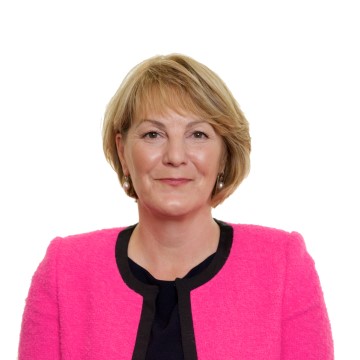In our latest instalment of our mini-series on all things tax, RSM partner and CIOT president, Susan Ball, talks to Bill Dodwell, Tax Director of the Office of Tax Simplification and editor in chief of CIOT's Tax Advisor magazine and website.
Take a listen and subscribe to stay in The Loop on your favourite podcast platform.



